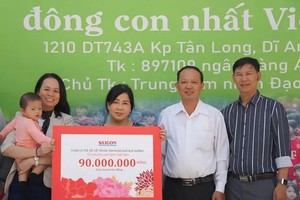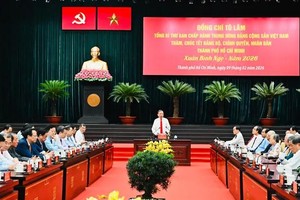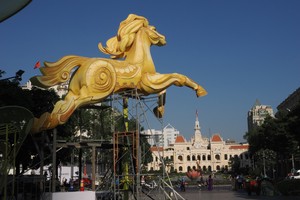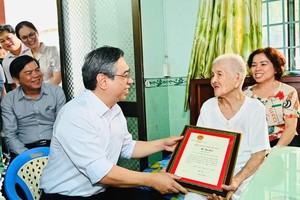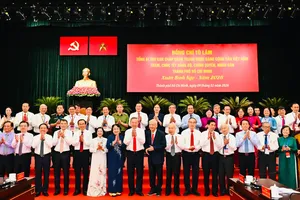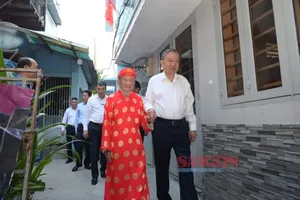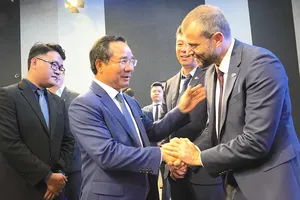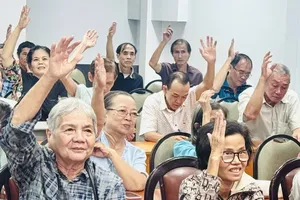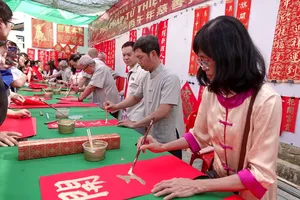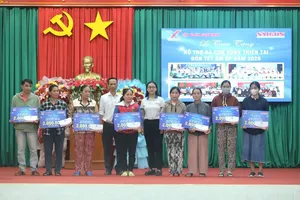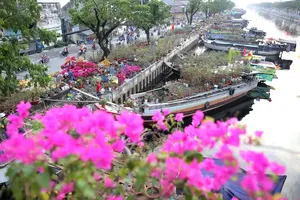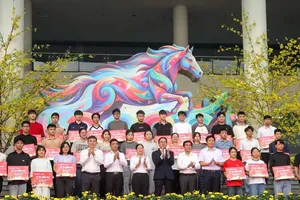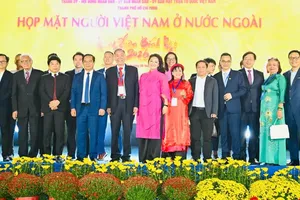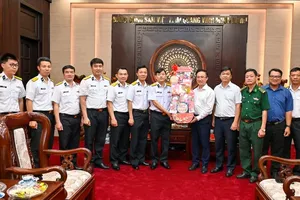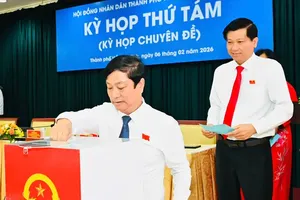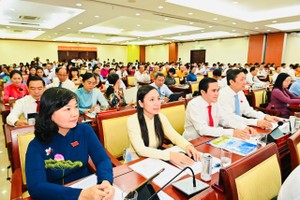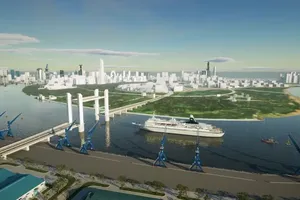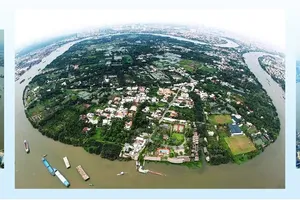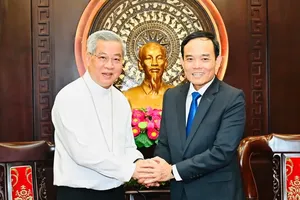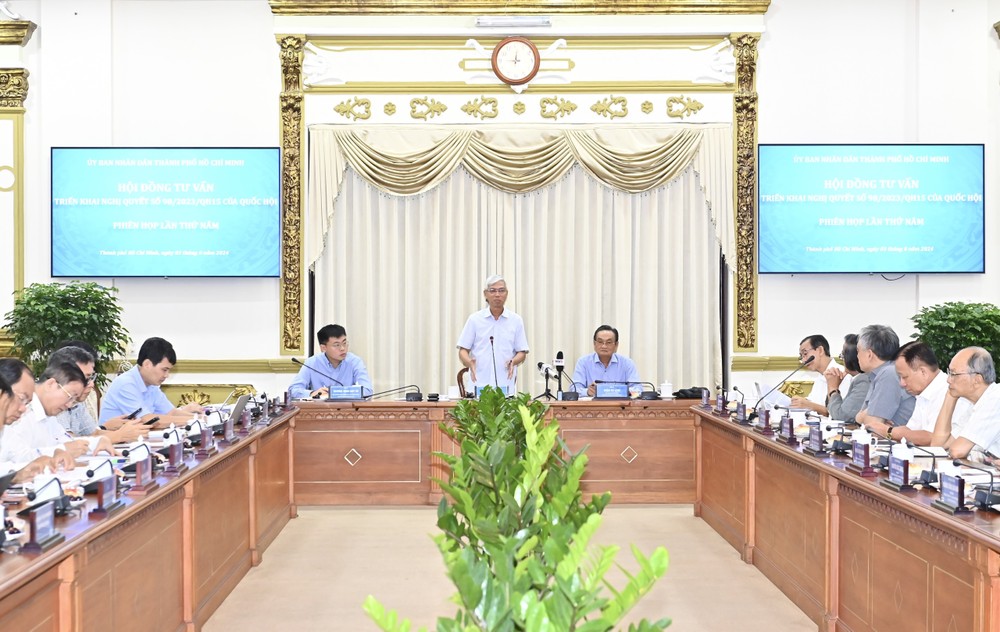
At the Advisory Council for the Implementation of the Resolution No. 98’s today meeting to evaluate the results of one year of implementing the resolution and to outline directions and tasks for the upcoming time, experts voiced some ideas.
After one year of implementing the Resolution 98, Ho Chi Minh City has achieved several notable outcomes. These include outcomes through the decentralization and delegation mechanism in five areas such as investment management; finance and budget; urban management, environmental resources; government organization; and management of science, technology, and innovation.
Ho Chi Minh City has decentralized certain aspects, making operations faster. However, the Council assesses that this is only a pilot phase; streamlining processes and removing bottlenecks in the new mechanism has brought initial results, but more time is needed for smoother and more effective operations.
In investment management, the first policy implemented was the allocation of public investment capital for the poverty reduction program. Ho Chi Minh City disbursed VND 2,796 billion and VND 998 billion in 2023 and 2024 respectively for the poverty reduction program. A total of nearly 52,000 customers received loans.
Additionally, the city allocated VND 1,500 billion of public investment capital to support interest rates for investment projects financed by the Ho Chi Minh City Finance and Investment State-owned Company in priority areas for socio-economic development.
Ho Chi Minh City also set the maximum additional income coefficient at 1.5 times the base salary; the additional income is allocated with a maximum expenditure of VND3 million per employee per month. The Ho Chi Minh City People’s Committee assessed that expanding the beneficiaries of the income increase policy has created even greater motivation for the city’s officials, civil servants, public employees, and workers.
According to experts, although Ho Chi Minh City has gained certain achievements, many mechanisms and policies have not been fully utilized or have been implemented slowly. These include policies such as the development mechanism of urban areas linked with transit-oriented development(TOD), investment in cultural and sports projects through public-private partnerships (PPP), and calling for investment to upgrade and expand inner-city roads under build-transfer (BT) and build-operate-transfer (BOT) contracts.
Analyzing the reasons why BT and BOT transportation projects in Ho Chi Minh City have not attracted investor interest, council member Vu Anh Tuan noted that the unclear risk-sharing between investors and the government has made investors hesitant.
Therefore, experts recommend establishing a risk-sharing mechanism, along with developing an elevated transportation network to separate long-distance traffic from urban traffic
For the mechanism of urban development associated with transit-oriented development, experts recommended applying a mechanism similar to privatization, with cash payments along with benefits when real estate prices change over time. In this way, it is highly likely to have a public agreement.
Vice Chairman of the municipal People’s Committee Vo Van Hoan requested the Council to continue in-depth research and provide specific solutions for implementing new and challenging aspects of Resolution 98, such as transit-oriented development, the carbon market, establishment of an international financial center, and implementing inner-city BOT projects.
The Vice Chairman noted that in the field of investment management, the Resolution 98 aims to socialize the mobilization of resources, but the implementation process has not yet attracted investors to participate in projects. He suggested finding optimal solutions. For example, in developing TOD, it is necessary to simultaneously develop public transportation and urban areas. He instructed the Department of Transport and the Department of Planning and Architecture to advise the People’s Committee on the TOD development plan, focusing on key areas, and solutions.
The Vice Chairman also urged the Council, departments, and city agencies to continue accelerating the call for investment in PPP projects in the cultural and sports sectors and to attract strategic investors. Additionally, he emphasized the importance of financial, urban management, and resource management initiatives.
